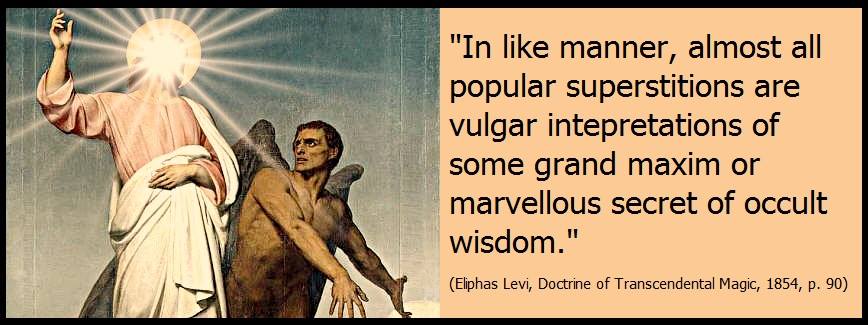Page 259
So much for the first of Mr. Proctor’s two propositions; now for the second.
The work which we have been noticing, comprises a series of twelve essays, of which the last is entitled Thoughts on Astrology. The author treats the subject with so much more consideration than is the custom of men of his class, that it is evident he has given it thoughtful attention. In fact, he goes so far as to say that, “If we consider the matter aright, we must concede . . . that of all the errors into which men have fallen in their desire to penetrate into futurity, astrology is the most respectable, we may even say the most reasonable.”
He admits that “The heavenly bodies do rule the fates of men and nations in the most unmistakable manner, seeing that without the controlling and beneficent influences of the chief among those orbs — the sun — every living creature on the earth must perish.” He admits, also, the influence of the moon, and sees nothing strange in the ancients reasoning by analogy, that if two among these heavenly bodies were thus potent in terrestrial influences, it was ” . . . natural that the other moving bodies known to the ancients, should be thought to possess also their special powers.” Indeed, the professor sees nothing unreasonable in their supposition that the influences exerted by the slower moving planets “might be even more potent that those of the sun himself.” Mr. Proctor thinks that the system of astrology “was formed gradually and perhaps tentatively.” Some influences may have been inferred from observed events, the fate of this or that king or chief, guiding astrologers in assigning particular influences to such planetary aspects as were presented at the time of his nativity. Others may have been invented, and afterward have found general acceptance, because confirmed by some curious coincidences.
A witty joke may sound very prettily, even in a learned treatise, and the word “coincidence” may be applied to anything we are unwilling to accept. But a sophism is not a truism; still less is it a mathematical demonstration, which alone ought to serve as a beacon — to astronomers, at least. Astrology is a science as infallible as astronomy itself, with the condition, however, that its interpreters must be equally infallible; and it is this condition, sine qua non, so very difficult of realization, that has always proved a stumbling-block to both. Astrology is to exact astronomy what psychology is to exact physiology. In astrology and psychology one has to step beyond the visible world of matter, and enter into the domain of transcendent spirit. It is the old struggle between the Platonic and Aristotelean schools, and it is not in our century of Sadducean
Page 260
skepticism that the former will prevail over the latter. Mr. Proctor, in his professional capacity, is like the uncharitable person of the Sermon on the Mount, who is ever ready to attract public attention to the mote in his despised neighbor’s eye, and overlook the beam in his own. Were we to record the failures and ridiculous blunders of astronomers, we are afraid they would outnumber by far those of the astrologers. Present events fully vindicate Nostradamus, who has been so much ridiculed by our skeptics. In an old book of prophecies, published in the fifteenth century (an edition of 1453), we read the following, among other astrological predictions
“In twice two hundred years, the Bear
The Crescent will assail;But if the Cock and Bull unite,
The Bear will not prevail.
In twice ten years again
–Let Islam know and fear
–The Cross shall stand, the Crescent wane,Dissolve, and disappear.”
In just twice two hundred years from the date of that prophecy, we had the Crimean war, during which the alliance of the Gallic Cock and English Bull interfered with the political designs of the Russian Bear. In 1856 the war was ended, and Turkey, or the Crescent, closely escaped destruction. In the present year (1876) the most unexpected events of a political character have just taken place, and twice ten years have elapsed since peace was proclaimed. Everything seems to bid fair for a fulfilment of the old prophecy; the future will tell whether the Moslem Crescent, which seems, indeed, to be waning, will irrevocably “wane, dissolve, and disappear,” as the outcome of the present troubles.

Moe is the founder of GnosticWarrior.com. He is a father, husband, author, martial arts black belt, and an expert in Gnosticism, the occult, and esotericism.

![How one in the province of the Northumbrians, rose from the dead, and related many things which he had seen, some to be greatly dreaded and some to be desired [Circ. 696 A.D.] | Book 5 | Chapter 11 How one in the province of the Northumbrians, rose from the dead, and related many things which he had seen, some to be greatly dreaded and some to be desired [Circ. 696 A.D.] | Book 5 | Chapter 11](https://www.gnosticwarrior.com/wp-content/plugins/contextual-related-posts/default.png)




